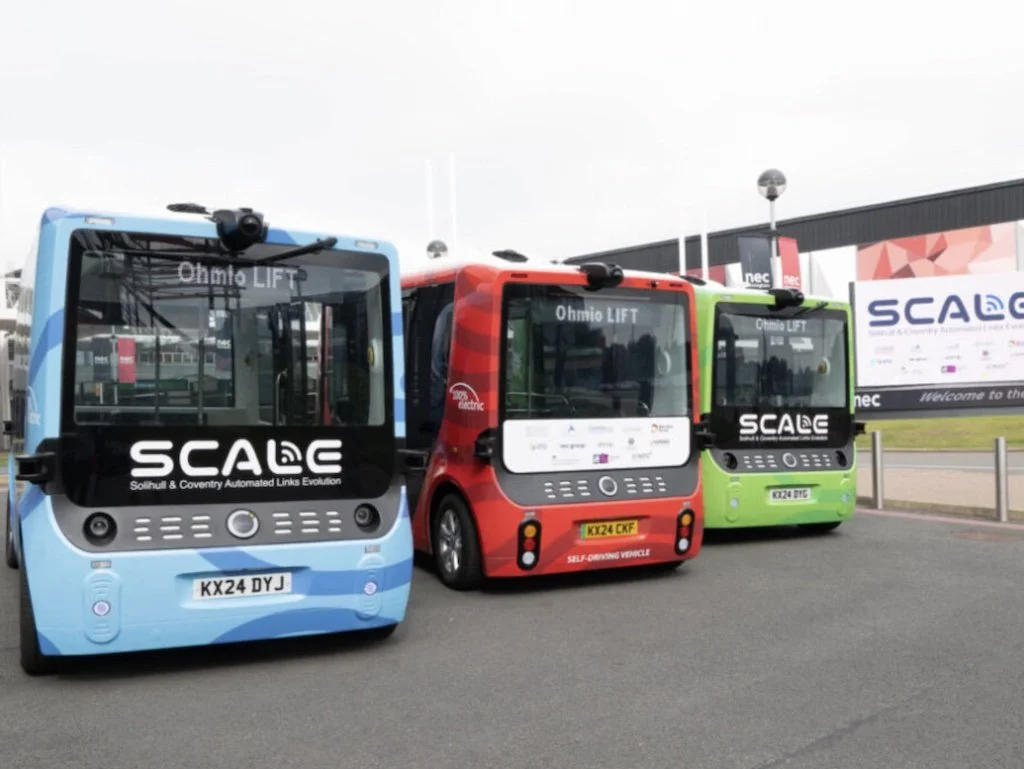West Midlands publishes blueprint for commissioning automated bus services
Transport for West Midlands and Solihull Council have released their Automated Public Transport Service (APTS) Specification, which they describe as a blueprint for self-driving bus services. The new guide aims to create a common specification and sets out how local authorities can commission automated bus services while ensuring safety, reliability, and operational efficiency.
image: TfWM
The APTS Specification represents a major milestone in connected and automated mobility (CAM), providing a practical, industry-ready framework that “paves the way for the next generation of public transport.”
The specification is designed to simplify procurement, offering a “commission once, adapt for many” framework that avoids fragmented, duplicated efforts by councils and transport operators. It focuses on service outcomes rather than mandating specific technologies, covering timetables, service volumes, incident response, fare structures, inclusivity, and both physical and digital infrastructure.
Automated public transport has the potential to reduce operational costs, improve road safety, and open up routes that were previously commercially unviable. Savings from efficiencies, they point out, can be reinvested into higher frequency services, denser networks, and improved passenger experience, supporting wider economic, social, and environmental objectives.
Colin Maltby, Senior Project Manager – Future Mobility at the UK Central Economy and Infrastructure Directorate said, “Providing a single, high-quality resource that any future buyer can adapt should accelerate the safe deployment of automated passenger services.”
Mark Cracknell, Programme Director at Zenzic, added, “CAM will create a paradigm shift in the way we move people. Initiatives like the APTS support the ongoing dialogue between industry and transport providers, and the coordinated approach essential for rolling out automated mobility technologies across the UK.”

